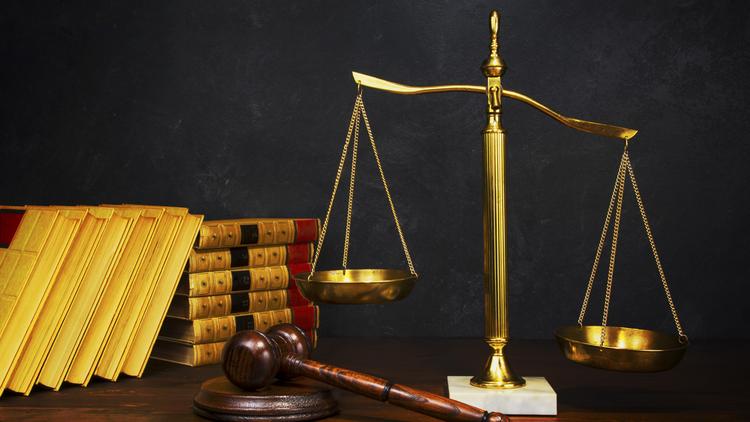Auditor blasts State Bar for inconsistent discipline of bad lawyers, shoddy finances

The State Bar of California does not consistently protect the public from bad lawyers and lacks financial accountability, according to a state audit released Thursday.
Instead of focusing resources on enforcement, the bar spent more than $76 million to purchase and renovate a building in Los Angeles, the audit says.
The agency struggles to resolve complaints in a timely way, potentially delaying discipline, the audit concludes. Efforts to reduce a backlog that topped 5,000 cases in 2010 included a rush of settlements, some of them “inadequate.” Efforts to reduce the backlog prompted settlements in 1,500 cases — more than in any of the other four years assessed in the audit.
In fact, the California Supreme Court returned 27 cases the State Bar settled in 2011 for re-examination due to the appearance of insufficient discipline. Upon further consideration by the bar, 21 or the 27 cases resulting in recommendation of further discipline, including five disbarments.
“To reduce its backlog, the State Bar allowed some attorneys whom it otherwise might have disciplined more severely — or even disbarred — to continue practicing law, placing the public at risk,” State Auditor Elaine Howle wrote in a letter to the governor and legislative leaders enclosed in the audit.
Information the bar reports annually to the legislature remains “problematic” because the organization continues to report fewer cases than the law permits, the audit concludes.
In surprising spin on the document, state bar officials released a statement Thursday saying the audit “confirmed the integrity of the State Bar of California’s discipline case data.” Also acknowledging areas identified for improvement, State Bar president Craig Holden said the organization embraces the recommendations, “many of which we began addressing late last year.”
One problem is the current reporting structure of the audit-and-review unit “creates a risk that the chief trial counsel may be able to minimize or fail to act upon findings resulting from an audit or review,” the audit says. Auditors allege former chief trial counsel, without notifying the state bar’s board of trustees, disbanded the second-look review function of the audit-and-review unit in 2010 and redirected unit staff to help reduce its discipline case backlog.
Among recommendations to fix widespread problems at the bar, the audit says the organization should adhere to its own quality-control processes to ensure consistent enforcement — and “take steps to prevent its management or staff from circumventing those processes.” The audit further recommends the audit-and-review unit report to the executive director rather than the chief trial counsel to ensure independent oversight.
Auditors point to a lack of financial accountability and urge a policy “that requires accurate cost-benefit analysis.” The bar underestimated the cost of its Los Angeles building by $50 million, the audit says.
Noting the bar has, for six years, collected annual membership fees that exceed its operational costs, the audit recommends the Legislature limit how much the bar can accumulate in fund balances and establish a different approval process for bar membership fees.
In its official response included in the audit, the State Bar generally agreed with the recommendations but said having the chief trial counsel’s audit-and-review unit report to the executive director and including authority to conduct “second looks” at closed complaints is “problematic.” A separate, bar-wide audit unit that can audit the chief trial counsel and other bar operations may be a better idea, the bar contends.
Among recent initiatives, the board has launched a strategic planning process and increased board oversight over and transparency of bar finances, Holden said in the news release. A special meeting is scheduled Monday to focus further on response measures.
Officials agree too many bar resources were focused on reducing the backlog in 2011 at the expense of the discipline system — but that policy changed in 2012, bar officials said in the release.
The state bar’s new Los Angeles office was overseen by former executive director Joe Dunn, the bar statement adds.
Dunn was fired in November. He contends in a lawsuit he was fired for trying to expose improprieties by members of the board and staff.
A search for a new executive director is underway. Holden says the audit will provide good feedback for the new executive director. A hiring announcement is expected soon.
[“source – bizjournals.com”]
